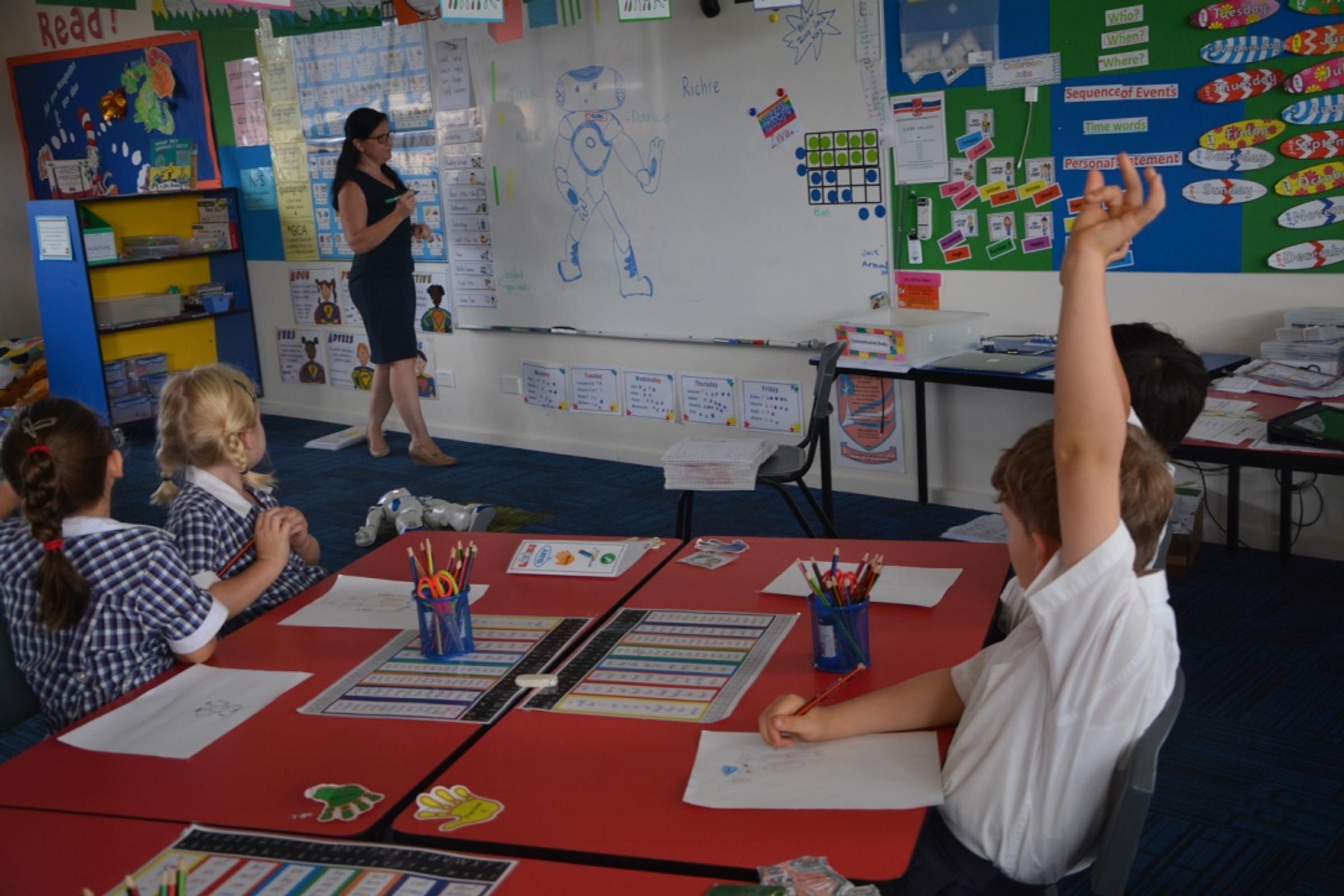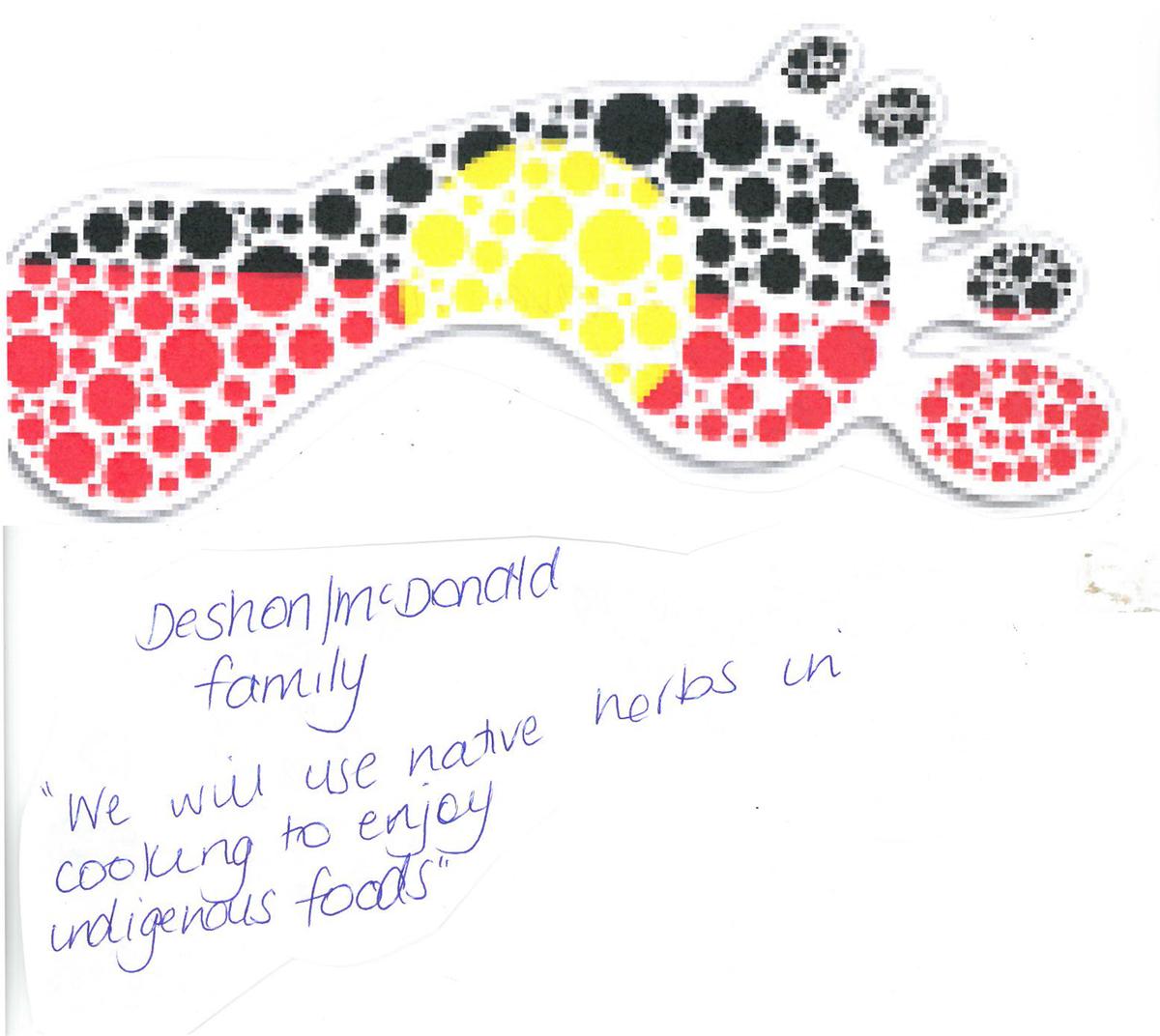From our Principal

Reconciliation Week
As most of you would know, we celebrate Reconciliation Week 27 May – 3 June in Australia and on Wednesday 24 May we had a very special celebration assembly for all students and staff as part of our schools commemoration of this event. The focus of Reconciliation Week is the journey to reconciliation, which is essentially about relationship building. This year the major pastoral theme of our school is relationships and students certainly have heard it talked about many times by Mr Rudge, Mr Bowles, Mr Lukies, Mrs Barnes, Mrs Kemp and myself at assemblies and I am sure in day-to-day interactions with their teachers. I would think that by now, students all understand that relationships are the most important thing to have and build in our lives.
The word Reconciliation, also refers to how friendship, harmony, difference, respect, acceptance and understanding function in our everyday lives. In many ways reconciliation describes the quality of relationships, we have and build. It is in times of challenge and difficulty that we rely on the strength of our relationships to see us through. We need to respect and be tolerant of differences whether they be in beliefs, values, perspectives or cultures and strive for reconciliation in our daily lives and in our world.
It is important to consider that reconciliation means different things to different people. In schools, we teach as part of the curriculum, that reconciliation means working to understand and learn about different values and how we exist in many different ways. An important and large part for us is learning about and respecting Australia’s First Peoples, Aboriginal and Torres Strait Islander peoples.
At our Foundation Day Assembly, we included an Acknowledgement of Country for the first time. An Acknowledgement of Country is an opportunity to show respect for, and to, Traditional Owners and the continuing connection of Aboriginal and Torres Strait Islander peoples to Country. Mr Lukies did the Acknowledgment of Country at the Foundation Day assembly, as it can be given by both non-Indigenous people and Aboriginal and Torres Strait Islander people.
The act of Acknowledging Country continues protocols that have been practiced for thousands of years by Aboriginal and Torres Strait Islander peoples and is a significant element of respect for our school to include.
We also fly the Aboriginal flag at the front of the school daily and again this is a highly visible and physical symbol of respect, as it demonstrates our school’s recognition of its First Peoples and promotes a sense of community partnership and our commitment to reconciliation.
The theme of Reconciliation Week in 2017 is, Let’s take the next steps, which calls for all Australians to look to the future to continue the reconciliation journey for all the people of this country. So my question to you all is, how will you take the next steps to reconciliation?
I would like all families to be active in Reconciliation Week for our school and really consider what it means to take the next step. Therefore, I have a homework task for families to do. Below are links to footprints and I would like families to print out one of these and sign your names on the underside and also write down your thoughts of what you can do as your personal “next step” towards advancing reconciliation. Students are to then bring the footprint to school and drop it off at the Resource Centre main desk or at any of the receptions at school by the 4 June. If you want to find your own footprint to use or wish to paint or draw your own family footprint then please do so.
The footprints will then become a linked artwork that we can display in the school. The more families that complete the footprint the better the artwork will be.
I have included the footprint from my family as an example.
Honoris et Excellentia
Teresa Deshon

